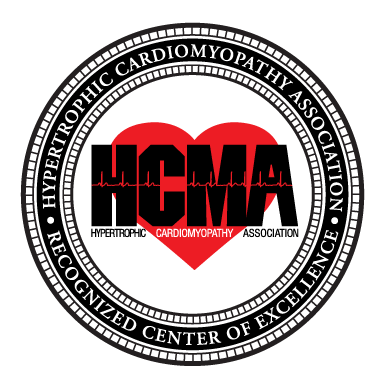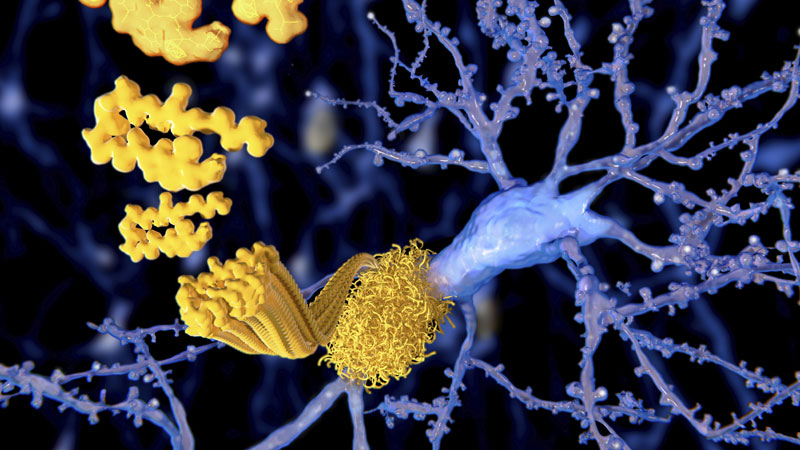Causes and Diagnoses
Causes and Diagnoses of Hypertrophic Cardiomyopathy
Because HCM is an inherited disease, some patients are diagnosed with hypertrophic cardiomyopathy (HCM) after one of their family members is diagnosed with HCM. If one or both parents have HCM, the children have between a 50 and 75 percent chance of inheriting the genetic mutation for the disease. Other possible causes include aging and high blood pressure. In some cases, the cause of HCM is never identified.
One of the earliest indicators of HCM is a heart murmur (abnormal sound caused by turbulent blood flow in the diseased heart) or an abnormality seen on an electrocardiogram (ECG).
An echocardiogram, which uses sound waves to create a moving picture of the heart, is the most accurate way to confirm the diagnosis of HCM in most patients. In some patients, further testing with cardiac magnetic resonance imaging (MRI) may be required to make the diagnosis and to fully evaluate the amount and location of muscle thickening.






